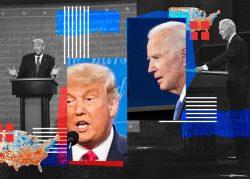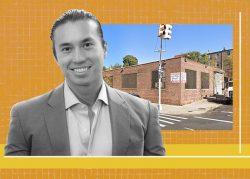Investment in Opportunity Zones is growing at a rapid pace, and so is skepticism about the program — and whether its incentives for pouring cash into low-income communities amount to a tax dodge.
The Economic Innovation Group, a policy group that’s a proponent of the program, identified 186 real estate and business investments in Opportunity Zones in the United States. Of those, the majority — 145 — are in real estate, the New York Times reported.
Critics have said that operational projects would create more jobs for locals and that the program doesn’t meaningfully help residents of the “distressed” communities. But investors often need incentives, and proponents are pushing back.
Read more



“When we make investments, we look at impact. And in this case, we’re taking an old, 500,000-square-foot abandoned building, giving it a second life, and bringing people into the area,” Michael Tillman, chief executive of PTM Partners, whose firm is raising $250 million for its second Opportunity Zone fund, told the publication.
PTM, along with Douglas Development, developed a mixed-use complex with luxury apartments in an Opportunity Zone in Washington, D.C.
“We’re also bringing in a school that lost its lease elsewhere,” he added. “All of that has a positive impact on the community.”
While some states and cities are attempting to track investment in opportunity zones, there is no such data at the federal level. This summer, however, the White House estimated that $75 billion had flowed into Opportunity Zones because of tax incentives.
In Baltimore, for example, some 80 projects are in the works in 42 zones.
“We have enough examples at this point to show that Opportunity Zones are helping projects that either would not have happened or would have taken a very long time to move forward,” said Benjamin Seigel, the Opportunity Zone coordinator for Baltimore’s economic development agency. “We’ve also learned that we’re not going to achieve the outcomes we care about by doing nothing.”
President-elect Joe Biden has suggested reforms to the program, including incentivizing developers to partner with community organizations, and a more robust system for reporting on the impacts of developers’ investments.
[NYT] — Sasha Jones
